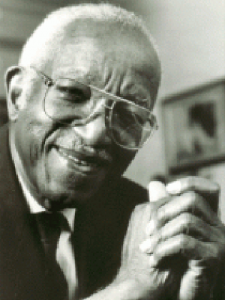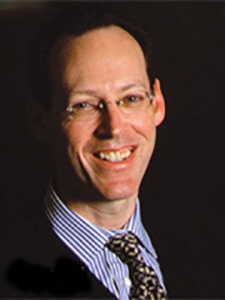The connection between anthropology, advocacy, and activism goes back at least to early 20th century American anthropology. Franz Boas challenged the scientific racism of Victorian anthropology to insist on racial equality and that cultures should be understood in their own terms. The single most famous 20th century anthropologist, Margaret Mead, also believed that anthropology should play a role in social change. "Never doubt," she famously declared, "that a small group of committed citizens can change the world. Indeed, it is the only thing that ever has."
Our department has a living tradition of engagement with social issues. Faculty and graduate students were active in the fight to gain a living wage for Duke's housekeepers and contract employees. A group of graduate students spearheaded the creation of an introductory anthropology course at the Butner Federal Prison just north of Durham. Others have been involved in the schools, human rights activism, fundraising for an African health clinic, and the creation of the El Kilombo center for social justice in downtown Durham and other causes near and far. Our faculty members lead programs for undergraduates to work with human rights activists in Northern Ireland; refugee advocacy organizations in South Africa; solidarity groups on the U.S.-Mexican border; and migrant children in China. Duke itself has a tradition of social engagement, most notably in the figure of the great historian and racial justice advocate John Hope Franklin (after whom Duke's Humanities Institute is named). The anthropologist, doctor, and founder of Partners in Health (the global non-profit health and humanitarian organization), Paul Farmer is a graduate of our department.
We seek to foster critical engagement with real world struggles in the department. Many of the graduate students and faculty here are engaged in their research with questions of anti-Black racism; war and peace; development and global poverty; religious fundamentalism and nationalism; ethnic conflict and the environment; and other pressing questions. It is our belief that anthropology can contribute to deeper understanding of the often contradictory and complex matter of struggle for a better world.





